Find out the list of 10 youngest players in World cup history
The World Cup is not only a place for big stars to compete, but also an opportunity for young players to make their mark and prove their talent. Throughout the history of the tournament, many names have created impressive milestones by becoming the youngest players in World Cup history. These young talents not only surprised with their mature playing ability but also opened new chapters in their international careers. Let’s explore with Kingsoccertips the youngest players to ever participate in the World Cup finals through this article!
Who is the youngest player to win a World Cup?
10. Christian Eriksen (Denmark – 18 years, 4 months, 0 days)
Christian Eriksen made his debut at the 2010 World Cup in Denmark’s match against the Netherlands. Coming on as a late substitute for Thomas Kahlenberg, Eriksen saw his team lose 2-0 to the Netherlands. It was a pivotal moment in his international career, marking the beginning of a long career of dedication to the Danish national team.
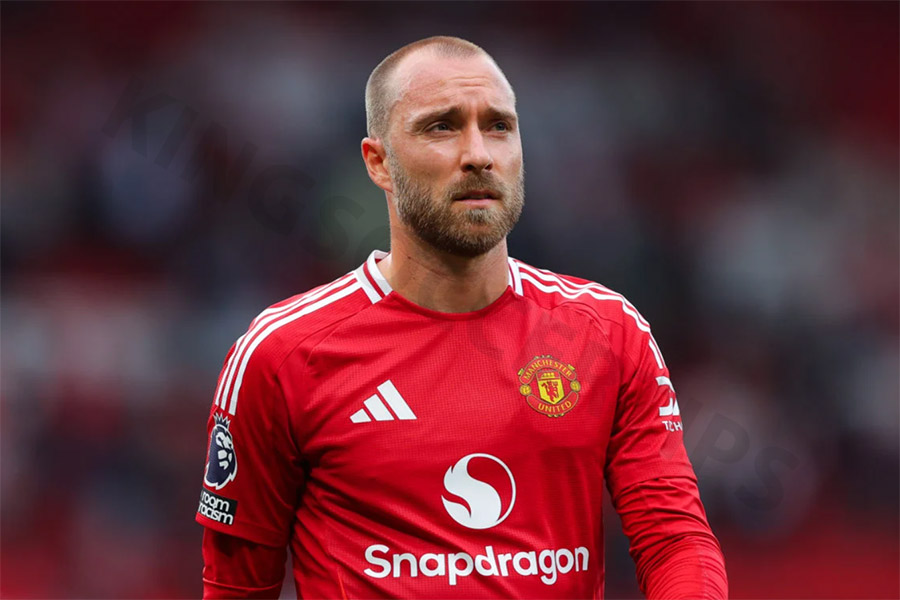
Eight years later, Eriksen has become one of Denmark’s most important players. He is not only a mainstay in the squad but also a leader leading the team to the 2018 World Cup. With 100 caps for his country, Eriksen has become a symbol of perseverance and talent, playing a key role in Denmark’s success on the international stage. At the 2022 World Cup, he will continue to be a key figure for Denmark, where they will face strong opponents such as Australia, Peru and France. Eriksen’s remarkable rise has demonstrated his continued maturity throughout his career.
9. Manuel Rosas (Mexico – 18 years, 2 months, 26 days)
Manuel Rosas, also known as “Chaquetas,” made history in World Cup football when he became the first player to score from a penalty kick. The moment occurred during the match between Mexico and Argentina at the 1930 World Cup. With composure and precision, Rosas converted the penalty kick, opening a new page in World Cup history.
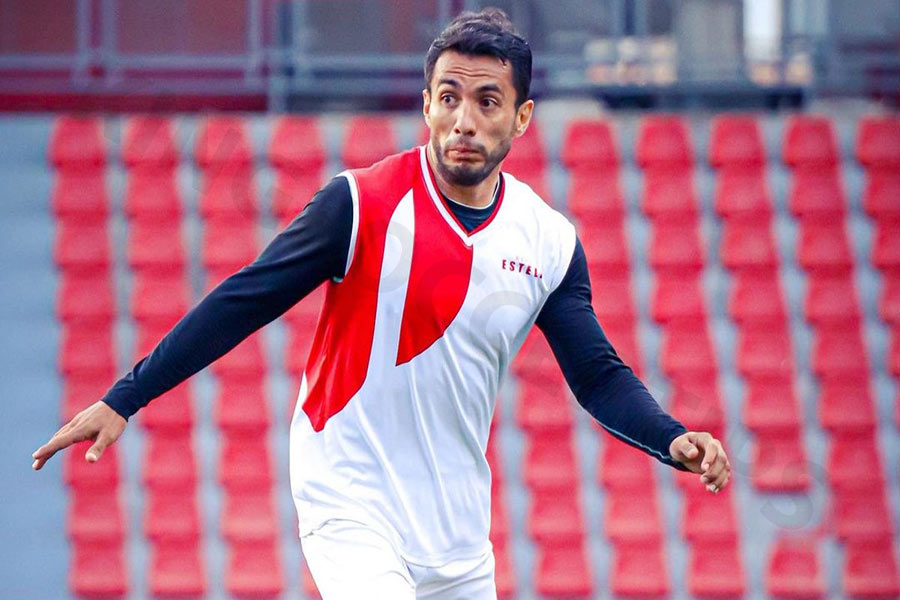
Before scoring against Argentina, Rosas had made an impressive debut at the 1930 World Cup, at the age of 18 years, 2 months and 26 days. This made him one of the youngest players to appear in the tournament’s history. Despite his young age, Rosas quickly asserted his talent and became one of the brightest stars of Mexican football, creating the foundation for a successful career later on.
8. Carvalho Leite (Brazil – 18 years, 0 months, 25 days)
At the 1930 World Cup, Brazil were drawn in Group 2 alongside Bolivia and Yugoslavia. With their overwhelming strength, Brazil easily advanced after only 2 matches. In the 4-0 victory over Bolivia, a special event occurred when young player Carvalho Leite was introduced to the field. Leite, who was only 18 years and 25 days old at the time, made an impressive debut in this first tournament.
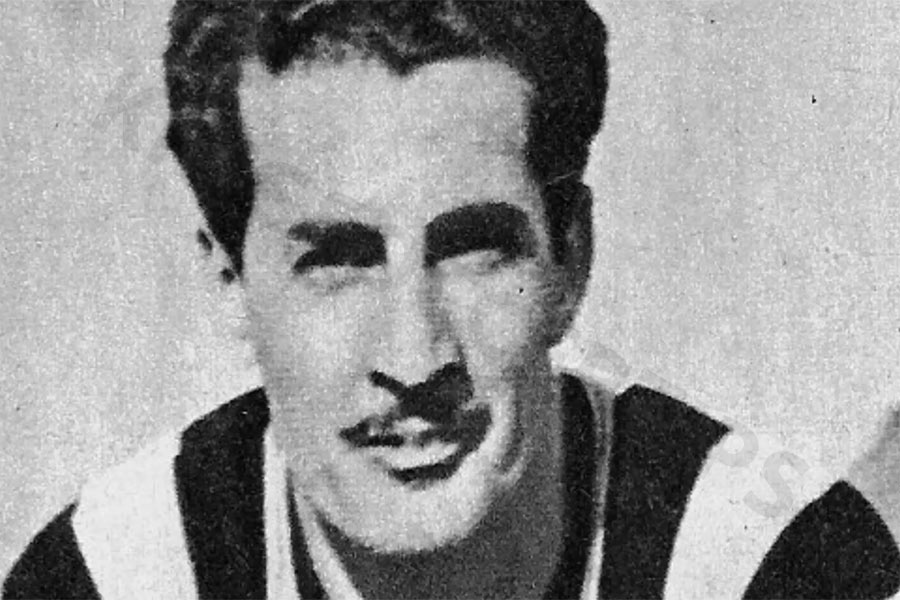
This was also the first time Leite participated in a World Cup, and despite his young age, he left an important mark on Brazil’s victory. With his talent and brilliance from the very first match, Leite became one of the most notable young players in Brazilian football in the early stages of the World Cup, opening a promising path in his international career.
7. Rigobert Song (Cameroon – 17 years, 11 months, 18 days)
Rigobert Song is one of the legends of African football, becoming the only player to participate in 4 World Cups, in 1994, 1998, 2002 and 2010. This has affirmed his perseverance and outstanding talent throughout his international career. Song’s first match at the World Cup took place on 19 June 1994, when the Cameroon team faced Sweden. The match ended in a 2-2 draw, and it was an impressive debut for Song at this prestigious tournament.
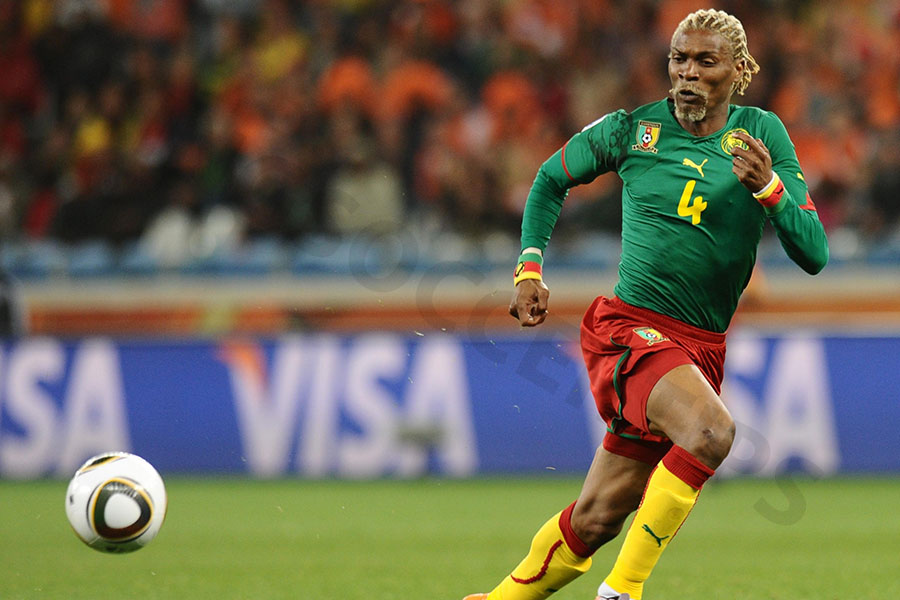
At that time, Rigobert Song was only 17 years, 11 months and 18 days old, becoming one of the youngest players to appear in the history of the World Cup. Despite his young age, Song has shown maturity and determination, and has played a key role in Cameroon’s success at subsequent World Cups. His international career is a testament to the relentless rise of a young talent, from a fledgling to an icon of African football.
6. Bartholomew Ogbeche (Nigeria – 17 years, 8 months, 1 day)
The 2002 World Cup in South Korea and Japan was a tournament to forget for the Nigerian national team as they failed to advance beyond the group stage. However, for Bartholomew Ogbeche personally, this was a milestone in his career. At just 17 years, 8 months and 1 day, Ogbeche, a young player from Paris Saint-Germain, played in two-thirds of Nigeria’s group stage matches, demonstrating talent and maturity beyond his age.
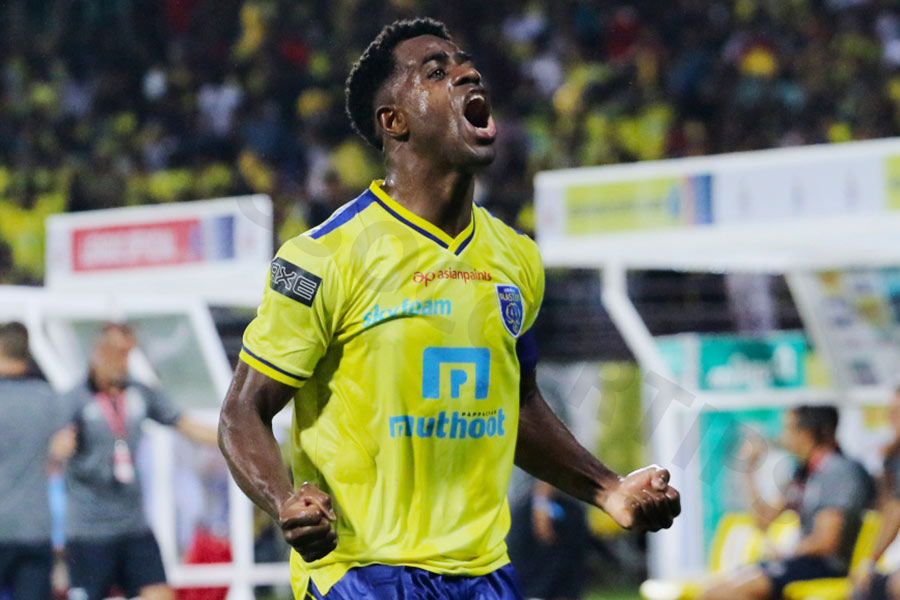
Despite only participating in the World Cup once, Ogbeche has a total of 13 caps for the national team, including 11 appearances after the 2002 World Cup. Although his international career did not last long, participating in the biggest tournament on the planet at such a young age marked an important turning point in Ogbeche’s career, and at the same time demonstrated his outstanding talent during that period.
Referring to bookmaker ratings helps to evaluate the reputation and reliability of bookmakers
5. Pele (Brazil – 17 years, 7 months, 23 days)
Pele, known as the “King of Football,” made his World Cup debut in Sweden in 1958. He was only 17 years, 7 months, and 23 days old. Pele featured in Brazil’s 2-0 win over the Soviet Union in the group stage, an impressive performance from a promising young talent. This was just the beginning of Pele’s brilliant success at the tournament.
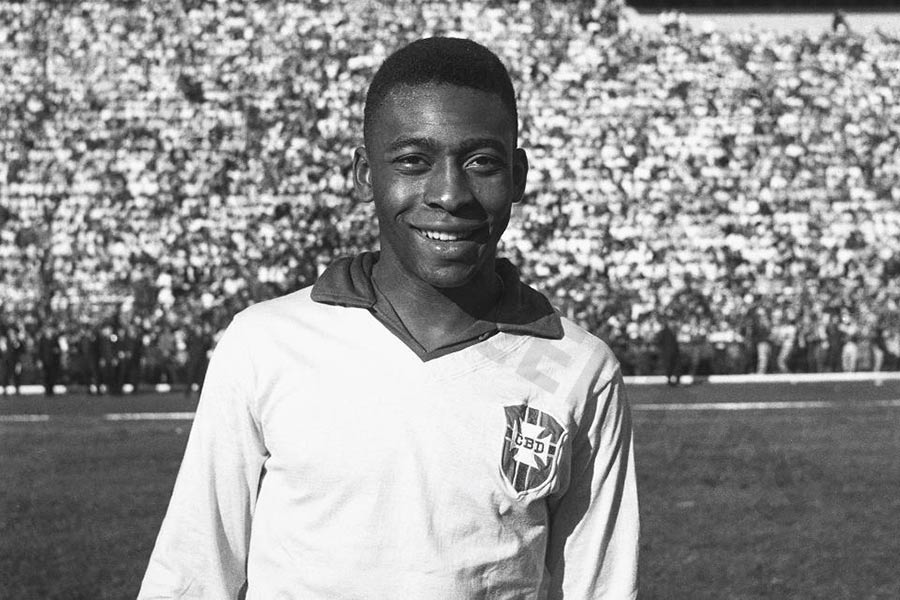
At the 1958 World Cup, Pele continued to make history by becoming the youngest player to score a hat-trick at the World Cup. Specifically, in Brazil’s 5-2 win over France, he scored three goals, setting a memorable record. Not only that, Pele also became the youngest player to ever participate in, score, and win the World Cup. In the final match between Brazil and host Sweden, Pele scored twice, helping Selecao defeat their opponents 5-2 and win the world’s most prestigious tournament for the first time. These achievements established Pele as a legend, opening a golden era of Brazilian football.
4. Salomon Olembe (Cameroon – 17 years, 6 months, 3 days)
Former Leeds United and Wigan Athletic midfielder Jean II Makoun made his debut at the 1998 World Cup in a memorable match between Cameroon and Austria. He came on as a substitute for Samuel Ipoua during the 1-1 draw between the two teams. Despite being a youngster at the time, Olembe quickly impressed with his maturity and versatility in the central midfield role. This was the start of a long and successful career with the national team.
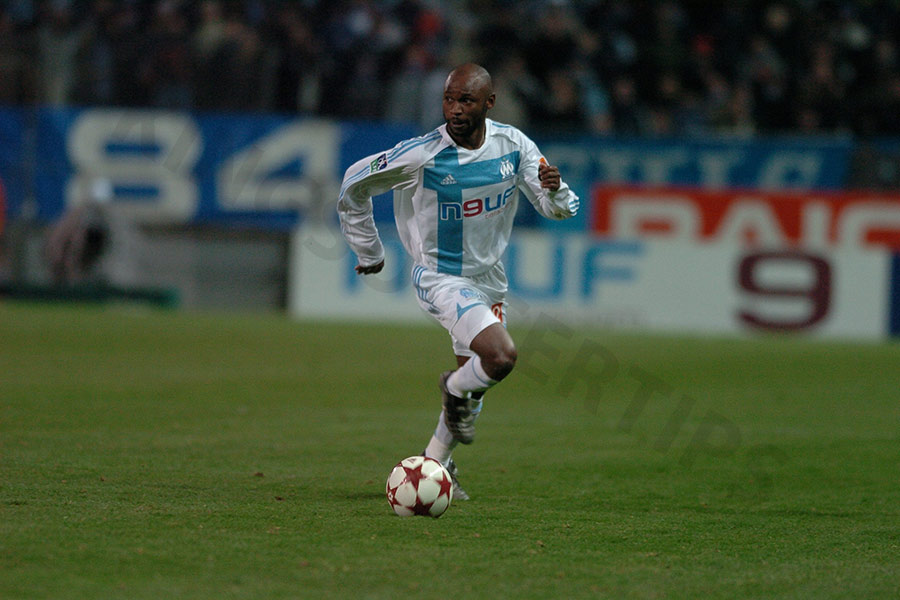
After his debut at the 1998 World Cup, Olembe went on to make 64 more appearances for Cameroon, playing a key role in many international tournaments for the team. He featured in the Africa Cup of Nations and the World Cup during his international career. However, in 2007, Olembe decided to retire from international football after many years of dedication to the team. Although he no longer plays internationally, Olembe remains one of the most memorable players in Cameroonian football, with important contributions during the golden age of the national team.
3. Femi Opabunmi (Nigeria – 17 years, 3 months, 9 days)
Opabunmi, a talented full-back, represented Nigeria at the 2002 World Cup in Asia. He made a memorable appearance in the tournament, coming on as a substitute in the 0-0 draw between Nigeria and England in the final group stage match. This was Opabunmi’s only appearance at the World Cup, a small but significant milestone in his international career.
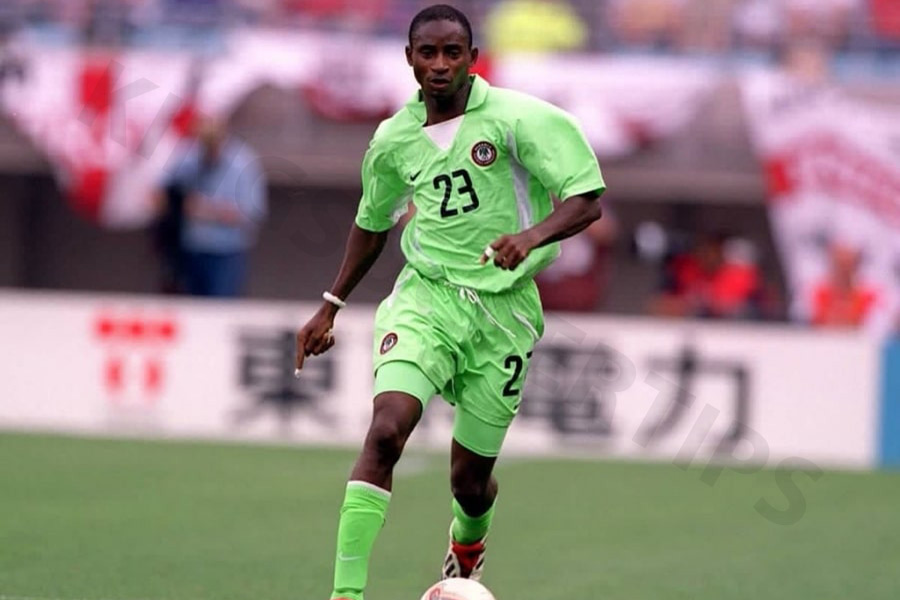
However, it was also one of the most memorable moments in Opabunmi’s career, as a serious injury severely affected his career. Despite his potential and talent, the injury forced Opabunmi to retire from international football in 2006, after only 3 more caps for the national team. Although his career was short-lived and he did not have many opportunities to shine, Opabunmi remained an important part of the Nigerian national team in the early years of the 21st century.
2. Samuel Etoo (Cameroon – 17 years, 3 months, 7 days)
Samuel Eto’o made his debut for Cameroon in 1997, just one day before his 16th birthday. This was a milestone in Eto’o’s career, opening the way for a successful career with the national team. Just a year later, in 1998, he became the youngest player to play in the World Cup finals in France. In his first match at the tournament, Eto’o played in Cameroon’s 0-3 defeat to Italy, at the age of 17 years, 3 months and 7 days, setting a new record for an African team.
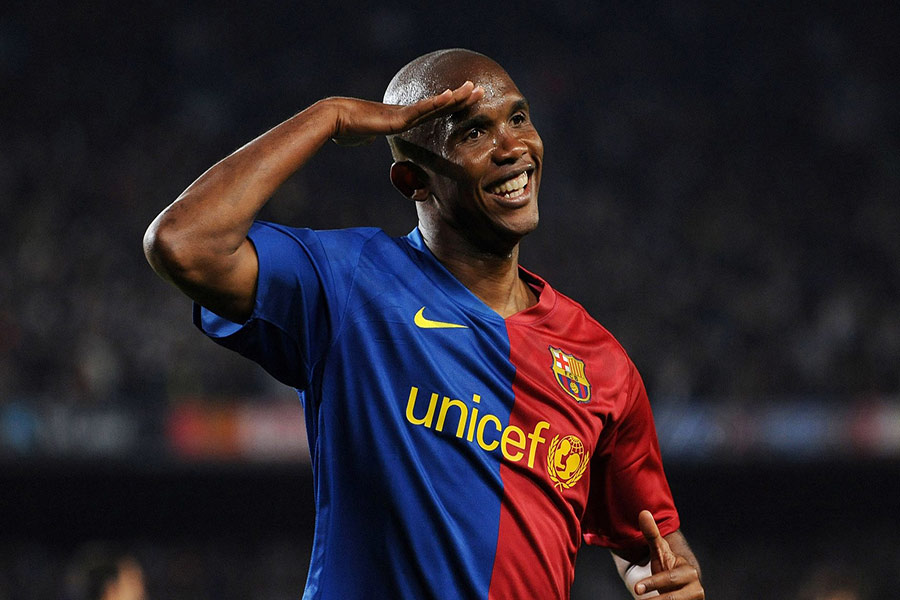
Eto’o, a former player for clubs such as Barcelona, Inter Milan and Chelsea, has won 118 caps for Cameroon since his debut at the 1998 World Cup. This makes him the second most capped player in history for his country, behind only Rigobert Song. With an impressive international career and great contributions to African football, Eto’o is not only a legend of Cameroon but also an icon of world football.
1. Norman Whiteside (Northern Ireland, 17 years, 1 month, 0 days)
Norman Whiteside is notable for becoming the youngest player to ever play in a World Cup finals. At just 17 years, 1 month and 0 days, Whiteside made his debut at the 1982 World Cup in Spain. In the match between Northern Ireland and Yugoslavia, the two teams drew 0-0, and Whiteside became the youngest player in history to play in a World Cup. This is a solid record that no player has been able to break to this day.
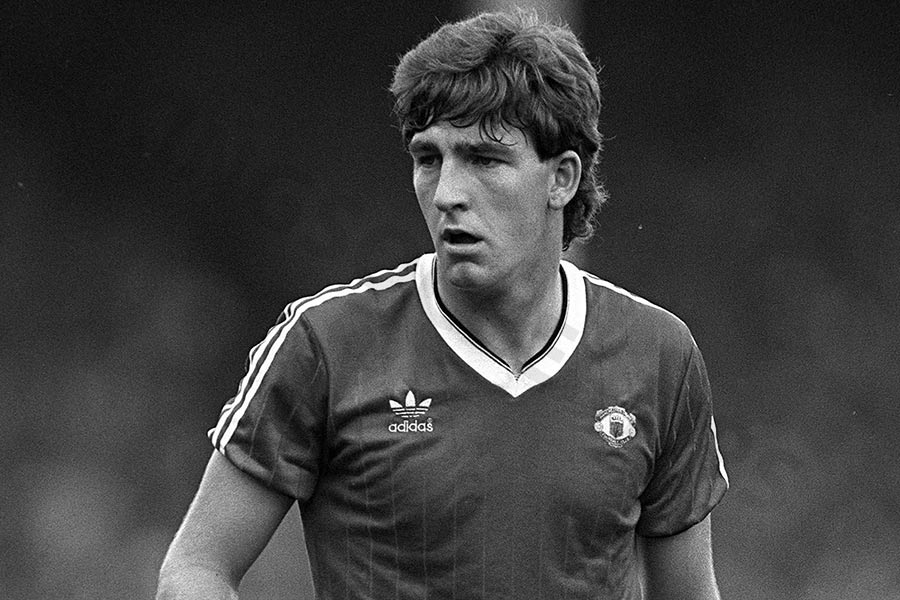
Despite being a young talent, Whiteside left a deep impression on fans and experts thanks to his maturity and impressive performance in a major tournament like the World Cup. The record he set in the 1982 match still stands today, confirming Whiteside’s influence not only in his youth but also in his later international football career.
Wrapping things up
The youngest players in World cup history are not only the pride of their countries but also a testament to their outstanding talent and thorough preparation from their coaches. Despite their young age, they did not hesitate to face the biggest challenge in world football, proving that age is no barrier to success. These players will forever be symbols of youth and the desire to rise up, opening up a bright future for global football. The moments they created will always be remembered and serve as inspiration for the next generation of players.
See more: Who is the first player to score hat-trick in World cup?
